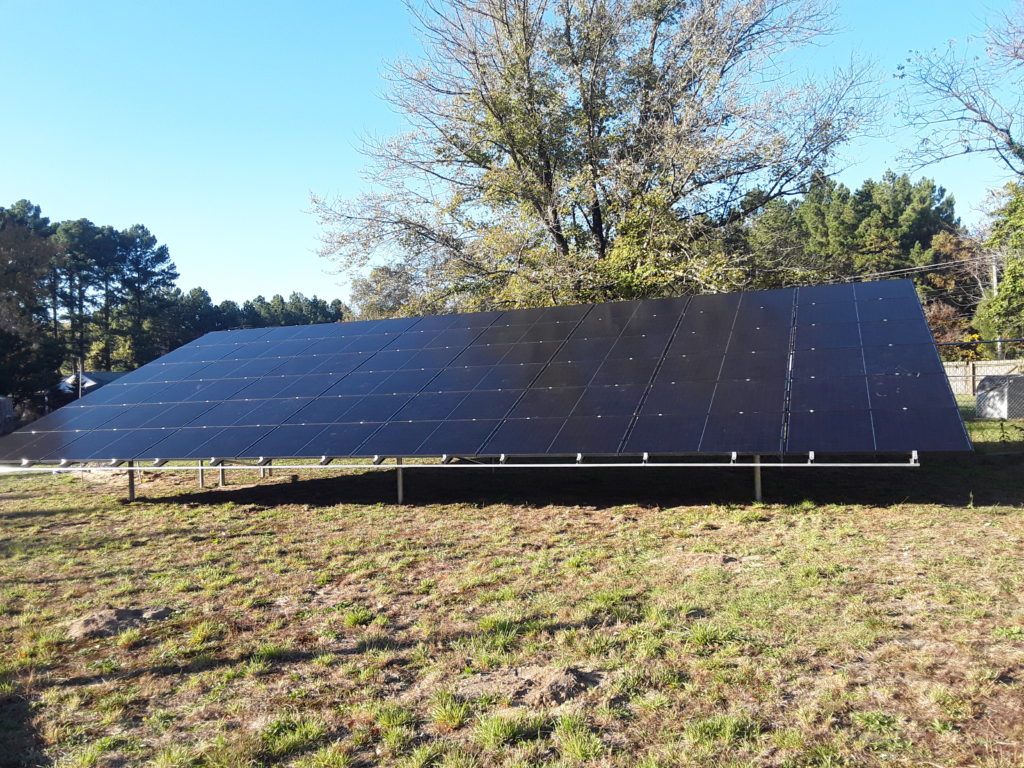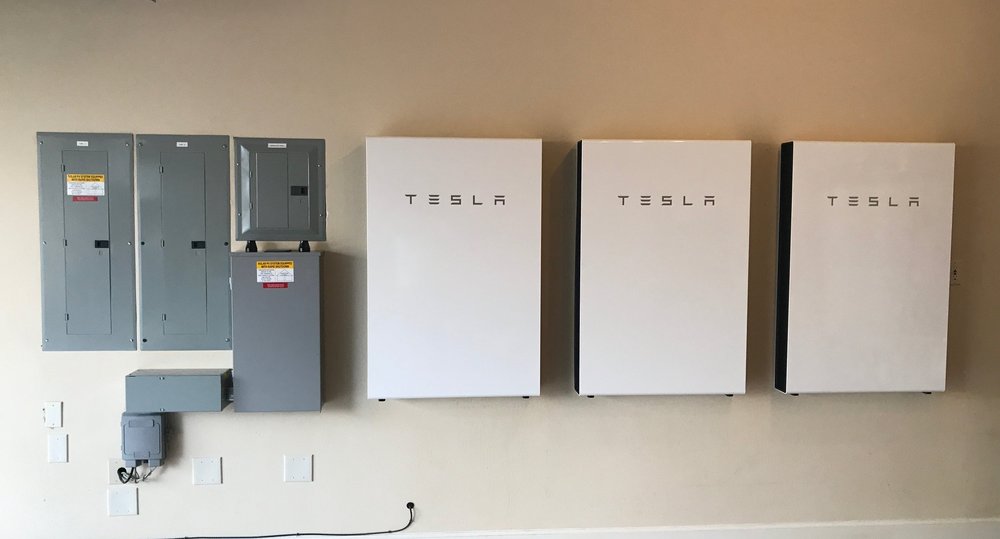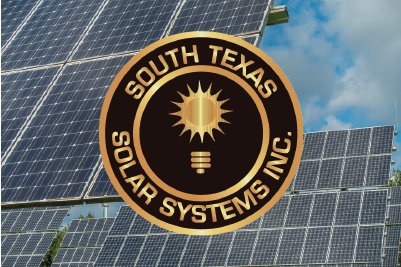
Sunrun is one among the biggest solar energy providers across the country. They offer multiple 10-year warranties for their panels and are present in 22 states. Your solar panels can be rented, purchased, or leased. You can choose from various panel types including thin-film, monocrystalline, or crystalline. Sunrun was established in 2007 and is the largest solar energy provider in the country. There are many benefits of leasing solar panels from Sunrun, including a ten-year warranty on panels, a wide array of panel types, and a variety of payment options.
Benefits of leasing a solar array
The upfront cost of leasing a solar array could be significant. You can save up to $25,000 depending on which solar lease you choose. You don't have to own the panels. Instead, you pay a monthly fee that could be lower than the cost of electricity from the grid. Leasing comes with other benefits. Selecting the right company can help you save money on your monthly payment.
You can save up to 15% to 40% on your utility bills by leasing a solar array, depending on which system you choose. Your utility rates will rise and you'll save more. The best part about leasing is that you don't have to pay anything upfront. Instead, the solar leasing company will pay for permits, equipment, installation costs, and other expenses. The payments will be due only when the system is turned on. The leasing company will also manage repairs and maintenance as they insure the system.

Leasing a solar array comes at a cost
Leasing a solar array is a great way to save money, but it can be costly over time. You may end up paying more for your solar array than the system itself. You will see your monthly payments rise over time to offset future energy price hikes. However, the amount you pay may not exceed 3%. Solar lease payments are not free. Electricity prices will increase, so you'll need to pay escalators.
Solar leases are less expensive than purchasing a solar array. Lease interest financing and third-party insurance are also required. Leasing may seem cheaper in the long term but it may not suit everyone. Leasing is especially beneficial for people who aren't ready to commit to long-term solar plans. These are the pros and cons to leasing a solar array.
The costs of buying a solar system
It is possible to vary the cost of installing a solar panel depending on where you live. The average residential solar system cost will be between $3.50-$5 per watt. Installation costs can be reduced by tax credits and other incentives. Depending on the type of panel and your location, you could save anywhere between $650 and $25,000 annually. A variety of solar panel options are available because the costs for installation vary by region.
It is important to keep in mind that the material cost doesn't include overhead or labor costs when determining the cost for purchasing a solar array. Consider your financial situation. Are you able or able pay the upfront cost of installation? Are you able or able to borrow the money? If you do not have the cash up front, you may have to apply for financing or leasing to pay for your solar panels. If you have the cash upfront, tax credits and other benefits can be available.

For installation of a solar system, you will need to obtain a permit
There may be different permit requirements depending on the location. Residents in Cheyenne, Casper and other areas may require different permits. In order to obtain the necessary permits, you will need to submit an application with drawings detailing the solar system. You may also need to obtain zoning approval. It can take a lot of effort and time to get the permits. Additionally, it can be very costly to hire an engineer to manage the project. You may also need to pay gas for dropping off permits, and some cities might require you to hire a licensed installer.
Local permitting requirements will not be met. Your local enforcing authority will supervise the installation. They will check whether the structure is compliant with local and state building codes, depending on where it is located. This includes determining if the solar installation will comply with fire safety requirements. Many jurisdictions have signed memorandums with fire departments. It is important to consult the local fire department before you plan your installation.